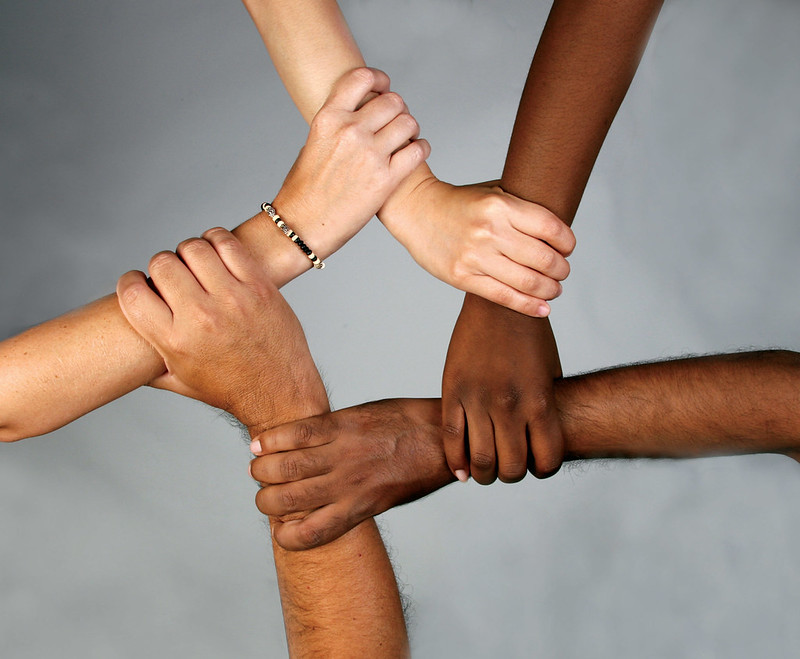Heraclitus was right when he said they you cannot win in the same river twice!
No doubt the river would remain the same but the water that you dive in has flown and now you diving into new freshwater of the very same river. The same is the problem or nature of the world and its politics.
There is nothing in this universe which is static and fixed forever. Everything changes rapidly and so quickly that one must be very cautious to discern them. Politics are not immune from this flux.
Once the backbenchers in the world both politically and economically Brazil, Russia, India, and China now get strong clout for themselves.
Also Read: Western Asia from a Muslim perspective
Initially, termed as BRIC by the Goldman Sachs economist Jim O’Neill in his 2001 report, the formal formation of the organization took place on 16 June 2009 in the Russian city of Yekaterinburg. After South Africa joined, BRIC was renamed as BRICS in 2010.
The loose organizational framework of BRICS gives it the flexibility to join as many countries as it likes.
15% OFF Studio Pro Diffuser with code PRO50
That’s the reason why it has invited six more countries, Iran, Argentina, Ethiopia, UAE, Egypt and Saudi Arabia, an old and strong ally of Washington since the Second World War to join BRICS.
In a very cautious diplomatic and strategic blow to its arch-rival, Washington, Chinese President Xi Jinping welcomed the new entrants into the community at the Johannesburg Summit last August.
Saudi Arabia and UAE being the old buddies of the US joining BRICS would auger well for the organization but it is viewed with concern in Washington and the Western capitals.
Also Read: Eroding dollar or loss of US hegemony
In a similar tone, Russian President Putin expressed his jubilation over the expansion of the BRICS. President Putin said it would break the yoke of the West and Washington’s hegemony over the poor countries who always try to keep them in their subjugation.
When the US National Security Advisor (NSA), Jake Sullivan, was asked to comment upon this expansion. NSA simply commented that this could not pose a geopolitical or economic challenge to Washington as the member states have too many differences among them over many issues. This loose alliance or organizational framework would overkill the organization itself. The US does not have to worry about it.
Text Link Test
What do the players think and how they move their pawns over the world’s political chessboard, no one can tell with surety.
Beijing sees this tectonic shift to change world order into a rule-based order. What the Summit Declaration called “the greater representation of emerging markets and developing countries “.
With a dream to turn BRICS into a Group Seven (G7) of Italy, Japan, the UK, Canada, the USA, and the EU, the developed and advanced countries of the world. Giving sway to the non-western, emerging economies of the world, cohorts led by China!!
And it is quite possible, that out of 60 countries participating in this Johannesburg Summit, almost 24 participants applied for this bloc membership signalling a dynamic shift in the West-dominated world politics.
One important factor is Beijing’s mesmerizing of the closest allies of Washington into its charm. Egypt receives as much aid as Israel receives from the US government. UAE has US military bases on its soil. Saudi Arabia’s ties with the West and the US are an open secret. While Ethiopia has too deep links with the West and the US. But despite all these facts, they eagerly joined both China and Russia-led SCO and BRICS.
Buscar un pase de tren
The rising value of China can be seen in its successful brokering of detente between the two Middle Eastern arch rivals, Tehran and Riyadh last April.
Moscow was too ambitious to see Tehran in BRICS who like him is a long-time victim of the West and Washington penalties.
Moscow also hopes to break its isolation through this bloc which it faces after the Ukrainian invasion and to use this BRICS as an anti-west bloc for it. But it may not be so simple for it.
Brazil supported the UN Resolution condemning Moscow for its attack on Kyiv but it did not favour the US and West sanctions on Russia.
South Africa demanded that Russia should resume the Black Sea Grain Deal with Ukraine.
President Putin attended the BRICS Johannesburg Summit via video link to avoid the International Court of Justice (ICJ) order against his arrest for Ukrainian war crimes.
Also Read: Why Spy balloon in aerospace age?
Though economically their cooperation, bilateralism, and multilateralism would give them a boost. But to assume that they may change or undermine the Western-led world order seems rather impossible.
NSA Jake Sullivan is right about BRICS from this analytical point.
They politically, economically, and culturally are different from each other. The only anti-west motive could not be strong glue for them!!
G7 countries are all Western democracies except Japan which is in the east. They are spanning from Asia, Europe, and Africa, to North America bonding them to different geo-political and geo-economic compulsions.
In short in the near future, BRICS may not be able to through the gauntlet down to Washington and its allies but again taking the word of Heraclitus you cannot swim in the same river twice, BRICS is the chink in the strongly held western-dominated world order giving a sign to multipolarity from unipolarity or bipolarity!!!
